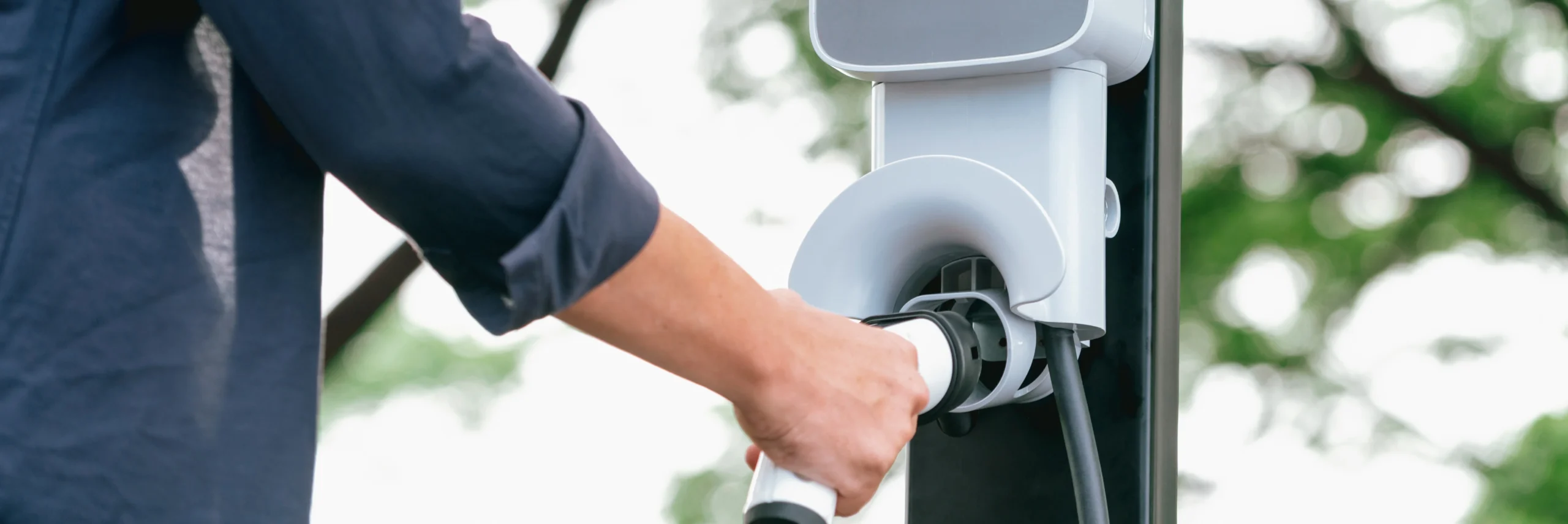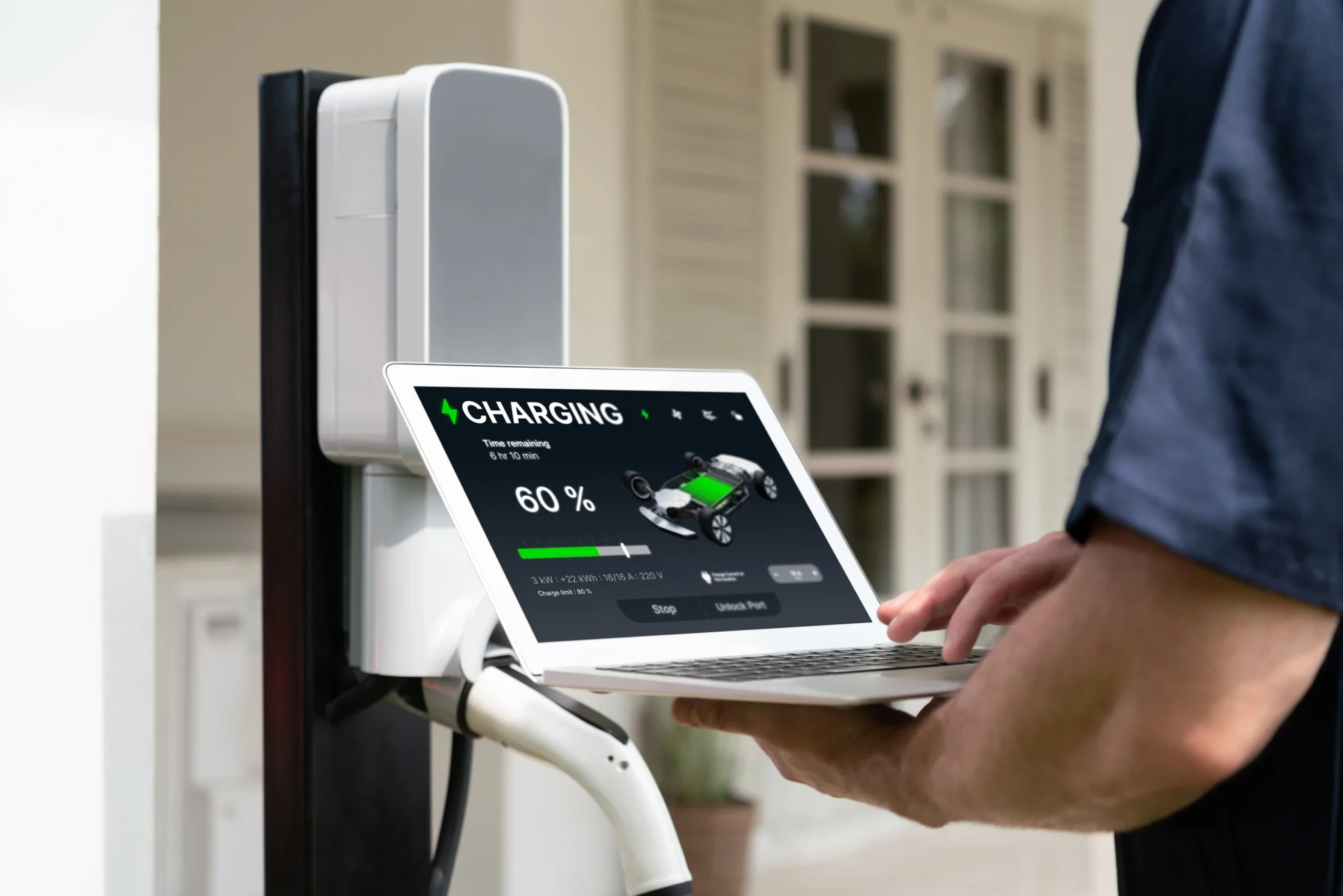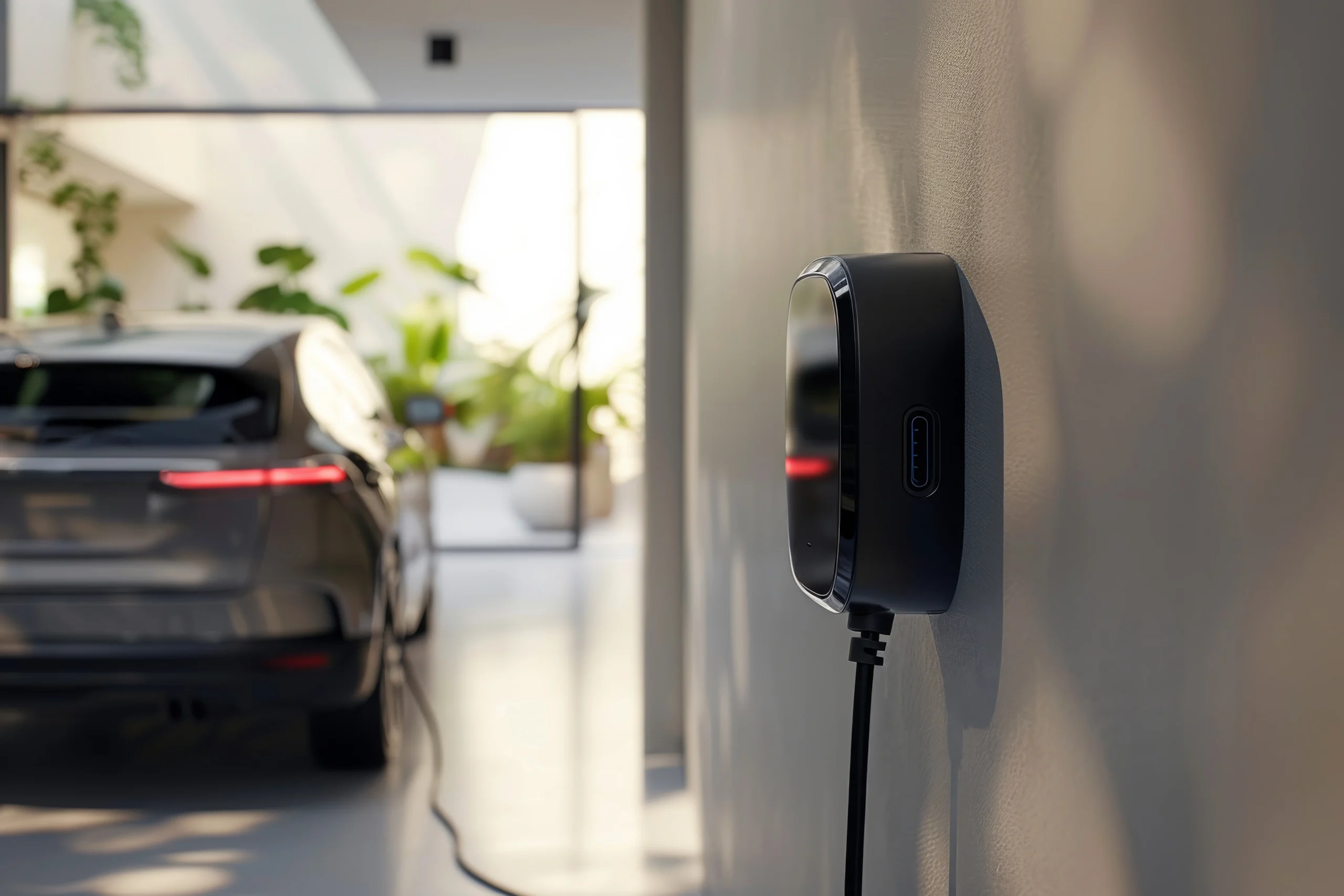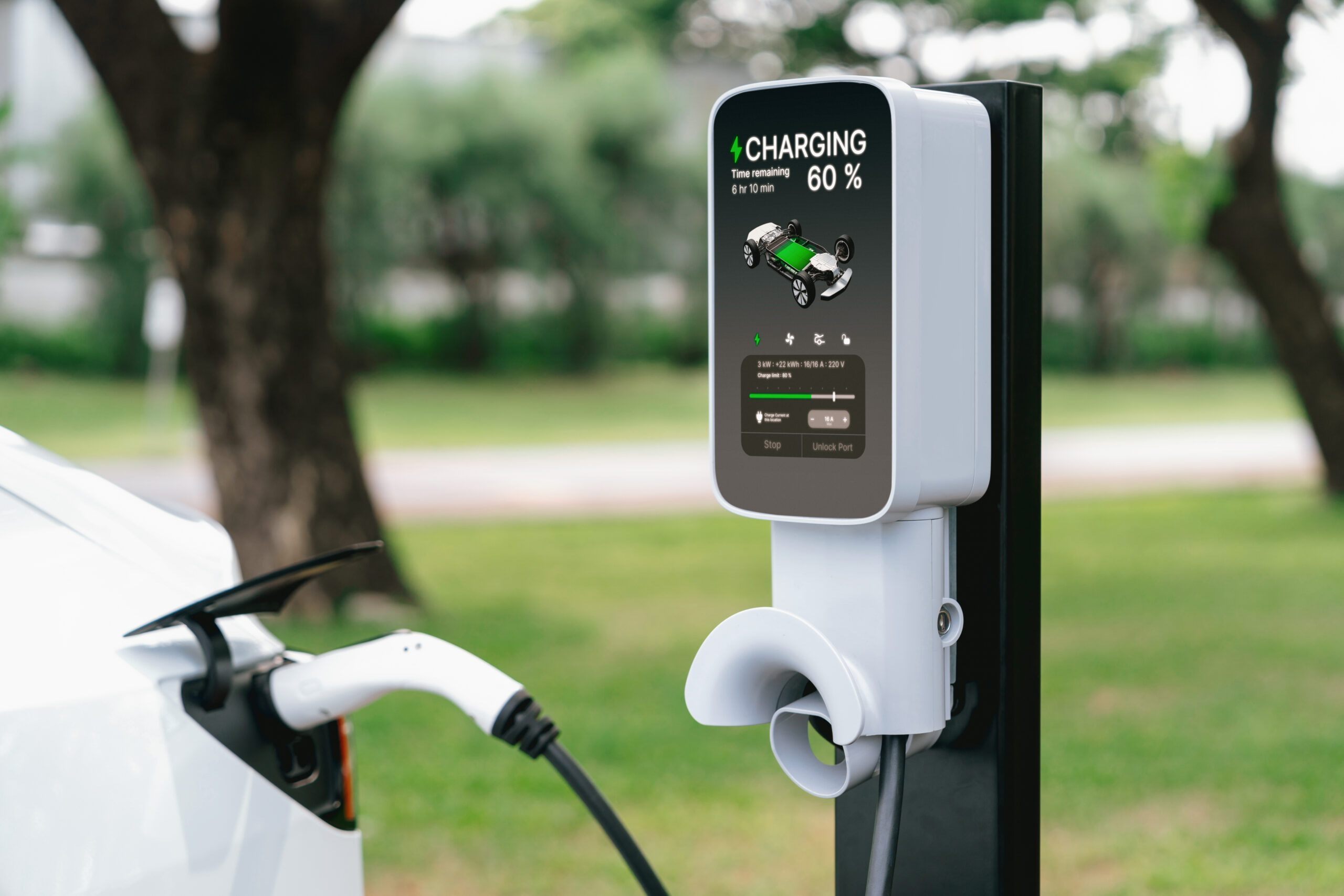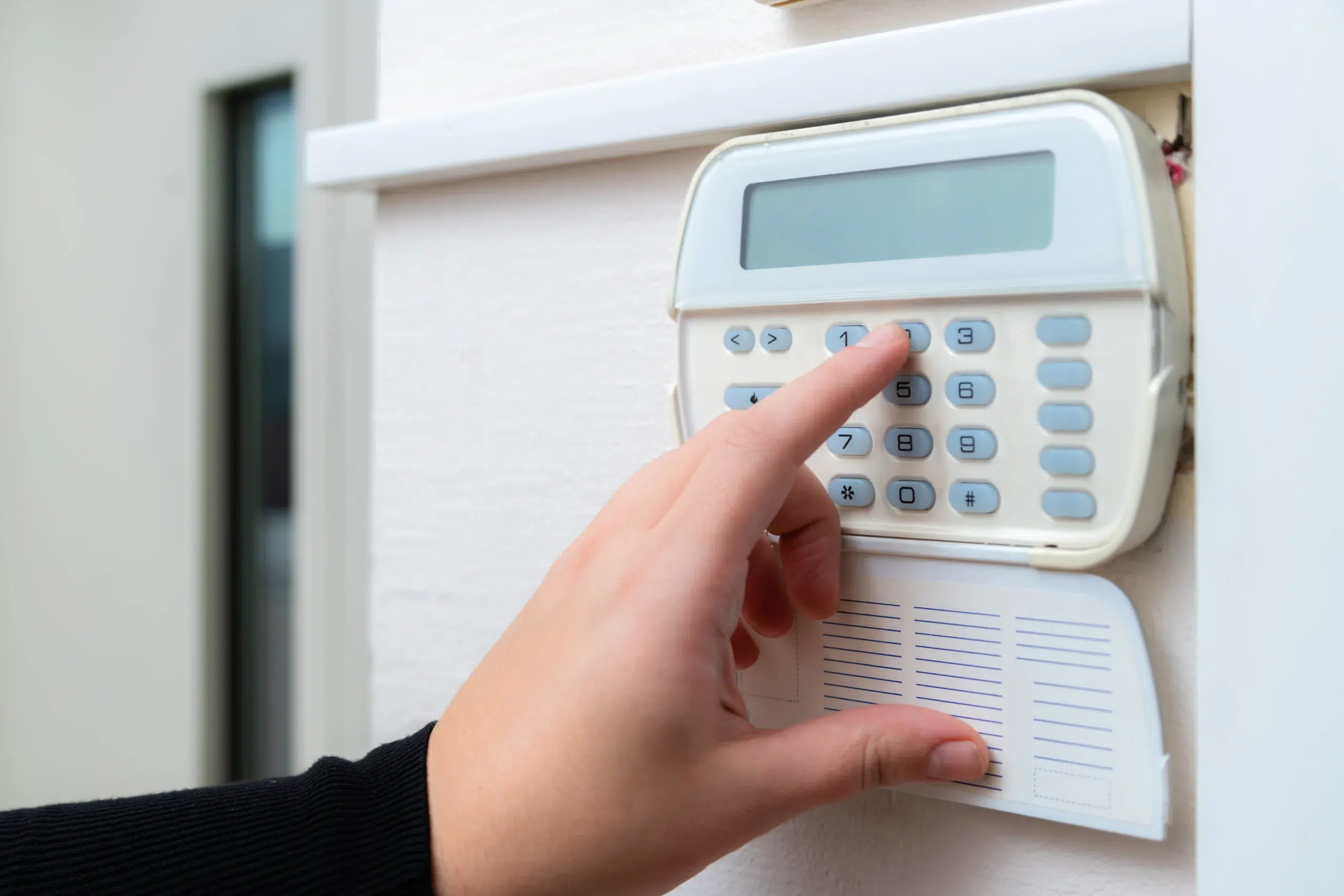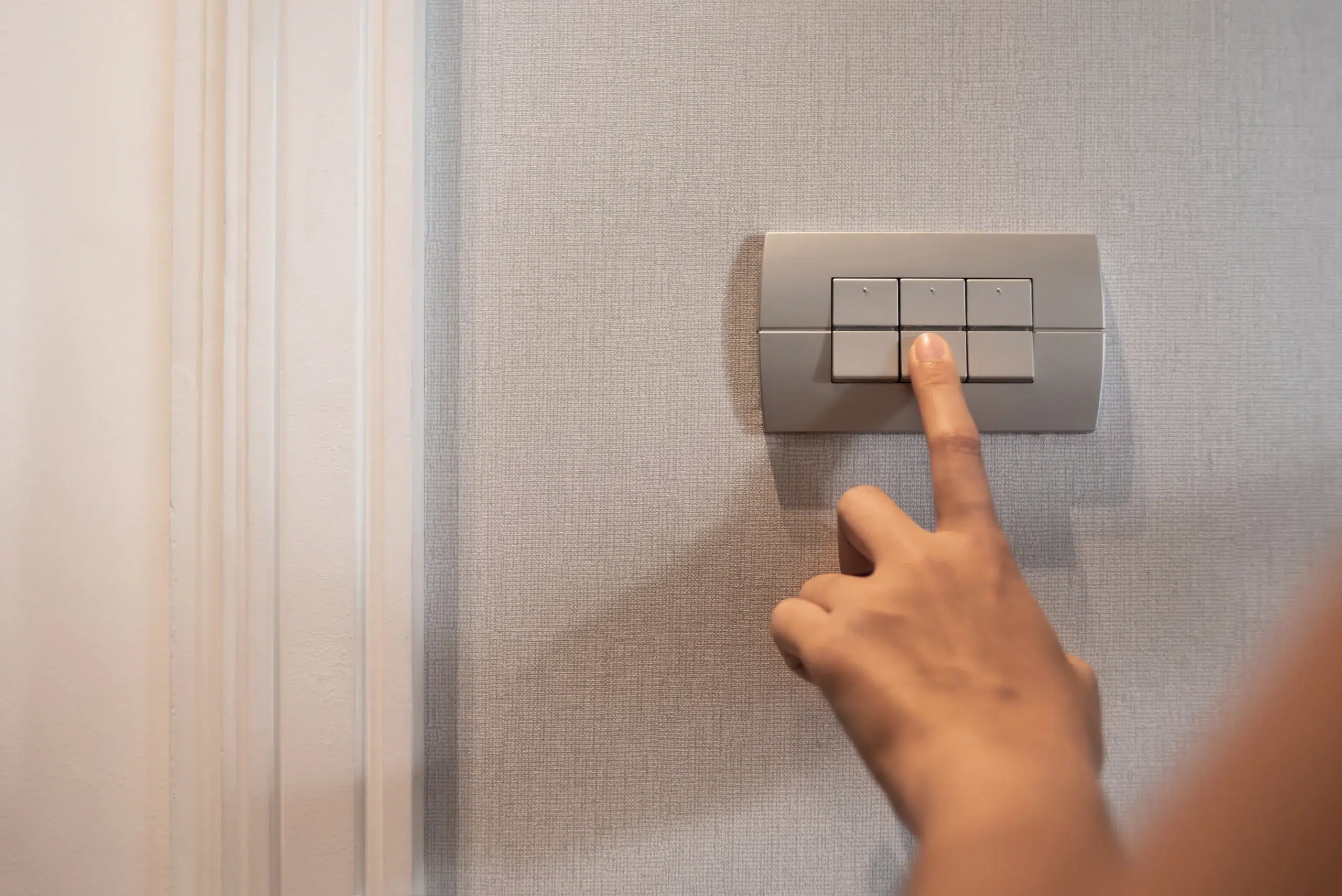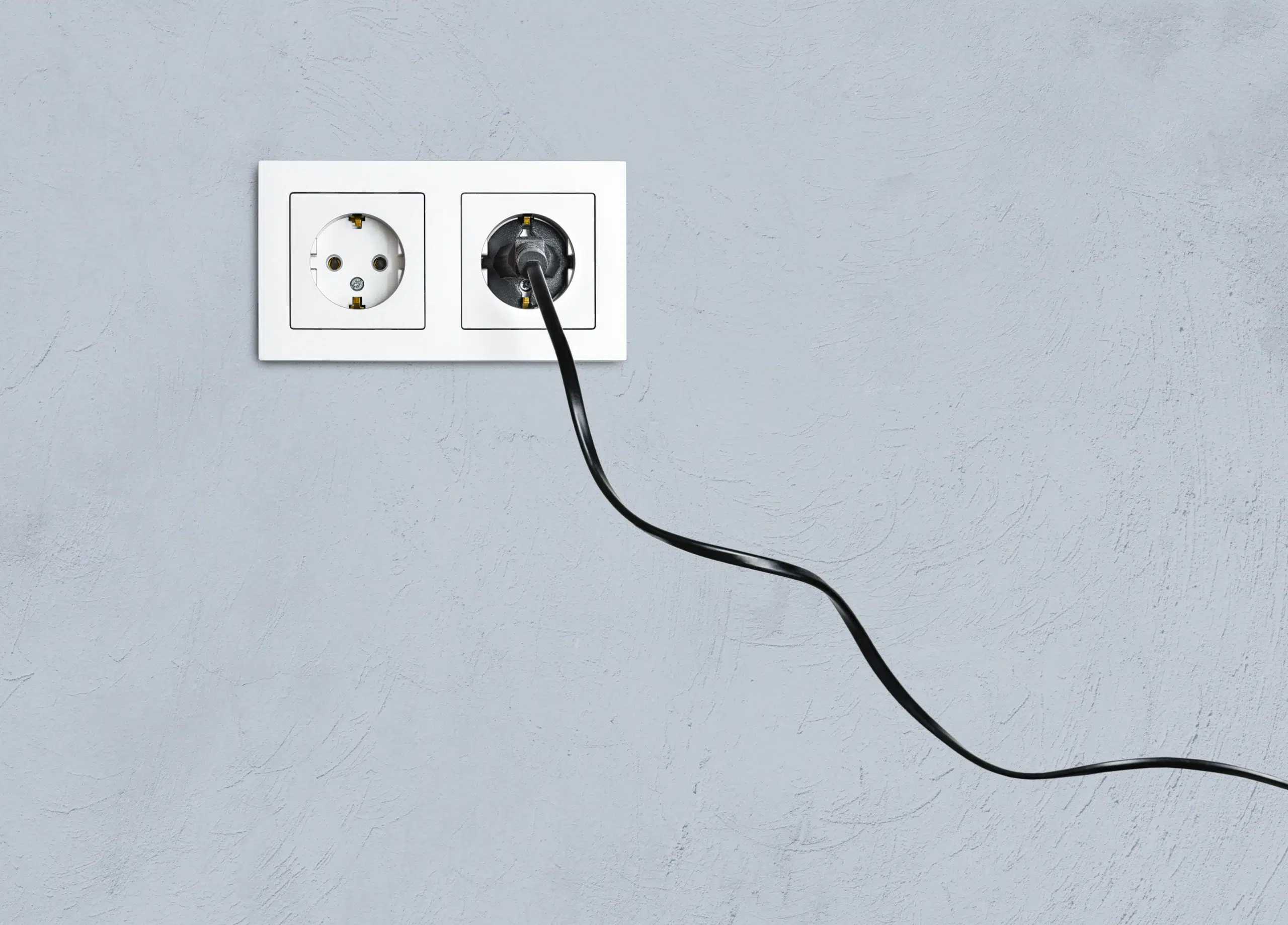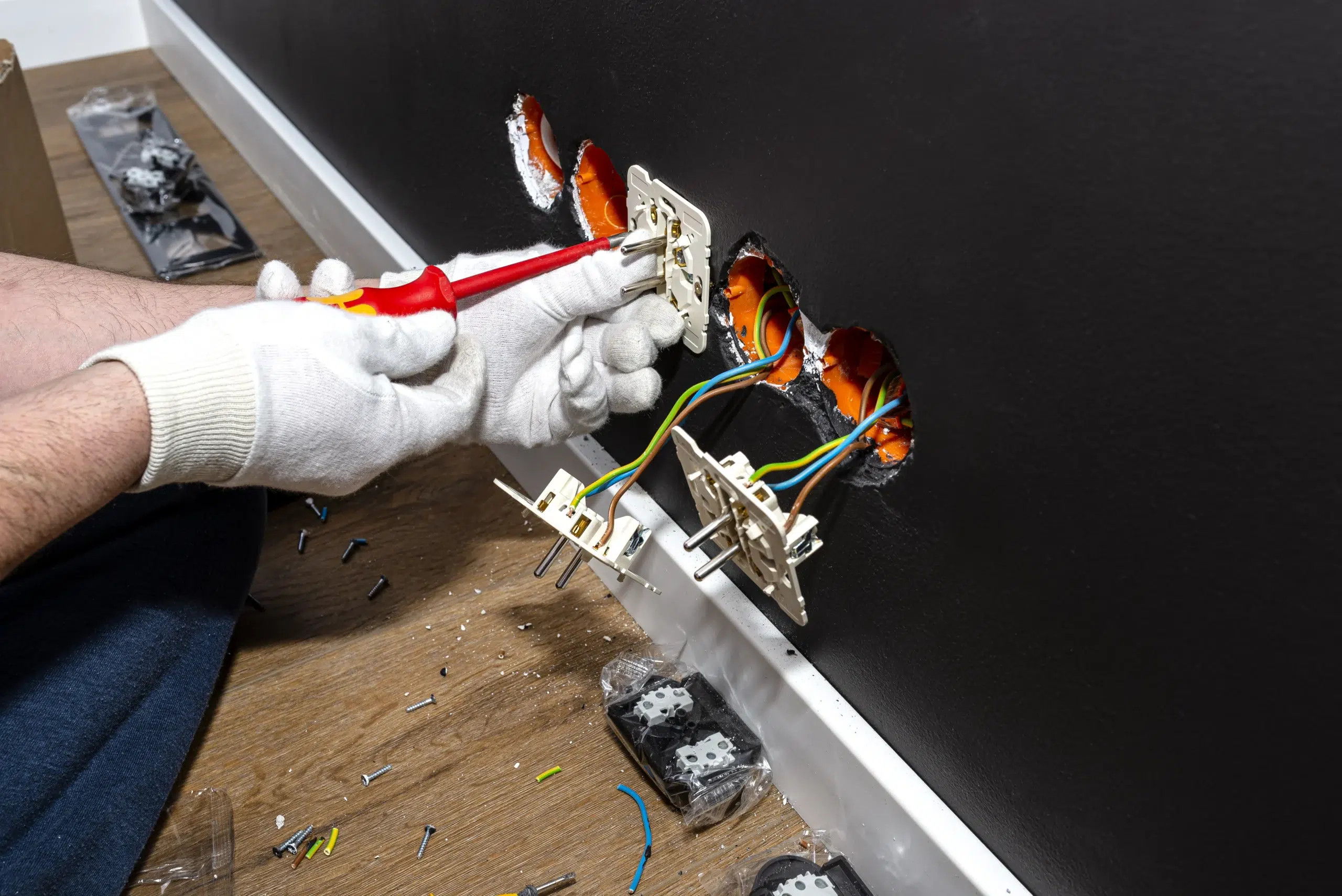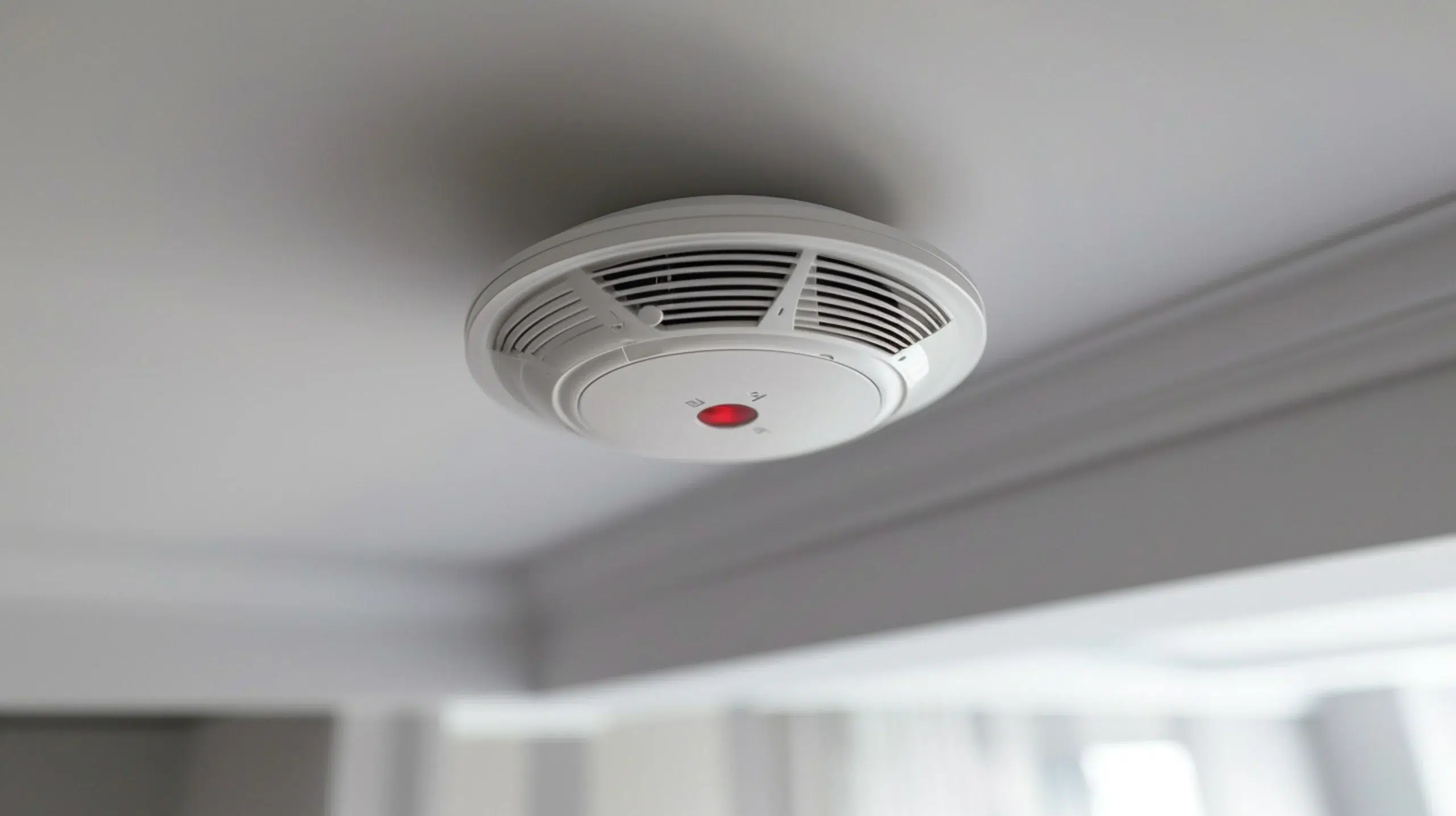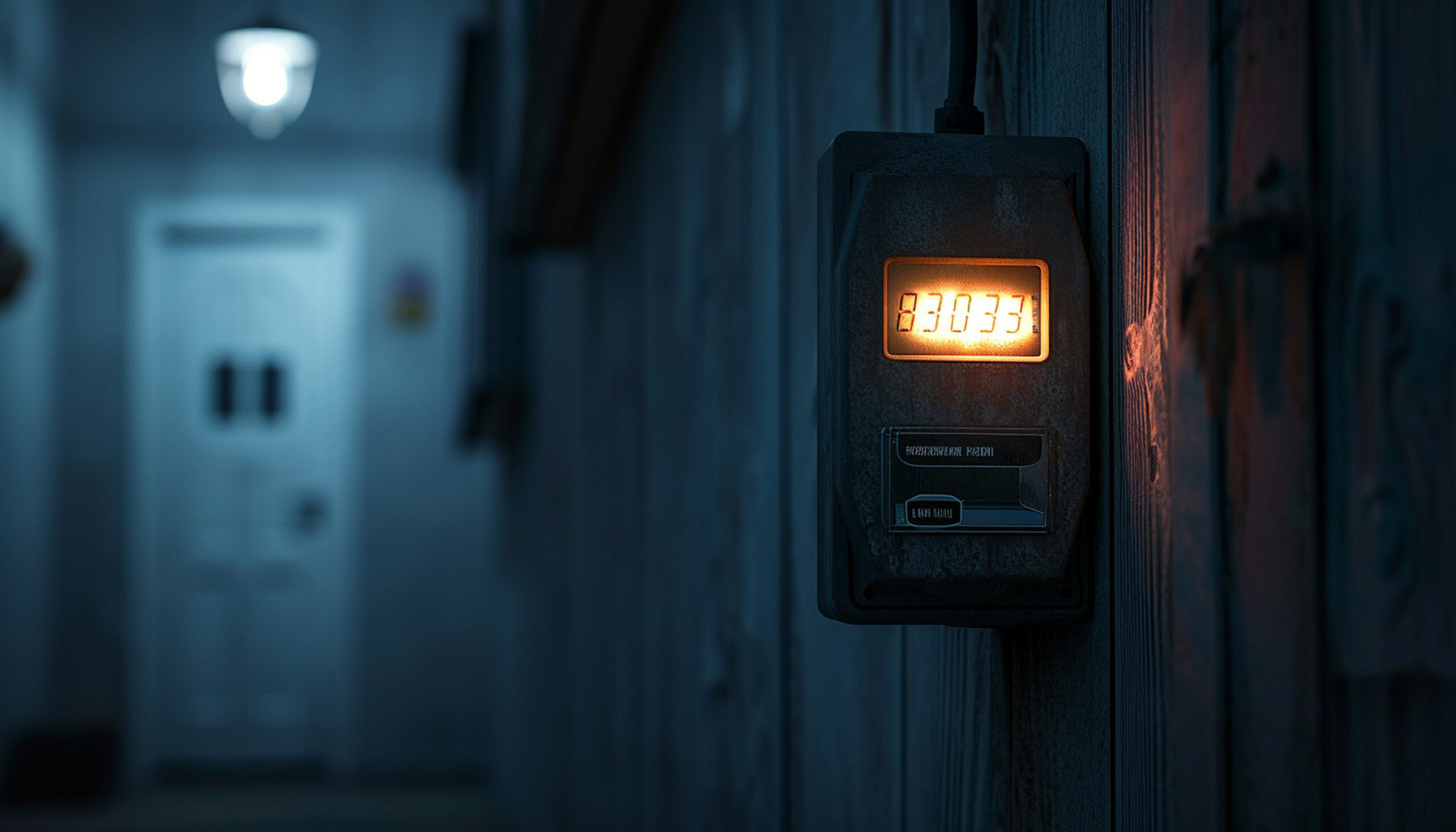Hiring an electrician for your home or business isn’t just about fixing flickering lights or replacing a light switch. Whether you’re dealing with a power outage, need to install safety switches, or upgrade circuit breakers, choosing a licensed electrician ensures the job is done safely and in compliance with all relevant regulations. Many local electricians specialise in different areas—from electrical repairs and switchboard upgrades to home automation and solar power units—so it’s important to match their skills to your needs. A good electrician understands complex electrical systems, complies with safety standards, and offers transparent pricing without hidden call-out fee surprises.
When evaluating electrician services, always check their experience with electrical installation, especially in commercial buildings or residential settings. Skilled local electrical contractors can handle tasks like installing wiring, connecting security systems, or setting up data cabling and fibre optic cables. Ensure they’re equipped to work with advanced temperature control systems, electrical supply network infrastructure, and essential electrical equipment commonly found in industrial sites or modern homes.
Understand Your Electrical Needs
Before contacting a licensed electrician, it’s essential to assess your specific electrical requirements. Whether you’re facing power failures, a smoke alarm issue, or planning new electrical installations, understanding the scope of electrical work helps in selecting the right expert. Residential electricians typically handle light fittings, power points, light switch replacements, and home automation, while a commercial electrician is equipped for more complex commercial electrical work in commercial buildings and industrial sites.
If you require electrical data cabling, need to install fibre optic cables, or are working on temperature control systems, you’ll want qualified electricians experienced in those areas. Those planning upgrades to security lighting, alarm systems, solar power units, or air conditioners must find local electrical contractors familiar with advanced electrical systems, electrical components, and control systems. In emergency cases like power surges or a power outage, an emergency electrician should be available with a fair call-out fee.
Key Factors to Consider Before Hiring an Electrician
Hiring a licensed electrician for your home or business should never be rushed. Making the right choice ensures your electrical systems operate safely and reliably.
From electrical repairs and power surges to installing security systems or handling data cabling, it’s important to find someone with experience, transparency, and a strong commitment to electrical safety.
Verify Licensing and Insurance
Always confirm that the electrician you hire is a licensed electrician and fully insured. This protects you from faulty electrical work, non-compliant electrical installations, and liability for accidents. A qualified expert knows how to safely manage electrical components, whether installing a smoke alarm, handling circuit breakers, or working on complex electrical elements within your electrical supply network.
Check Online Reviews and References
Customer feedback offers real insight into the professionalism of local electricians. Whether it’s Powerpoint installation, maintaining security, or handling solar power units, reviews help identify good electricians from unreliable ones. Look for those who consistently deliver high-quality electrical services and are trusted by locals for everything from electrical repairs to complex home automation tasks.
Ask About Experience and Expertise
A professional electrician with experience in specific areas—like commercial electrical work, switchboard upgrades, or temperature control systems—can handle more than just basic repairs. Ask if they’ve worked on similar electrical requirements, including data cabling, alarm systems, or setting up electric vehicle chargers. The right experience ensures safer, faster outcomes when dealing with both residential electricians and construction electrician roles.
Warranty and Guarantee on Work
Reputable local electrical contractors provide a warranty on both labour and parts. This covers unexpected issues with electrical equipment, such as a faulty electrical outlet, a shorted light switch, or poorly fitted fibre optic cables. A strong guarantee means your electrician cost won’t double due to repairs or replacements after the job is completed, especially on larger new electrical installations.

Look for Transparency and Clear Communication
A good electrician will explain your electrical requirements, work timelines, and costs upfront. Whether the job involves installing wiring, managing control systems, or air conditioner installation, clarity is essential. Avoid those who dodge questions or provide vague information about their process, availability, or standard call-out fee. Transparent electrician services build trust and prevent disputes later on.
Availability and Response Time
When you need a quick fix for power failures, flickering lights, or urgent electrical repairs, fast service matters. A reliable emergency electrician or nearby electricians should be able to respond promptly, even after hours. Confirm their availability, especially for tasks in commercial buildings, and ask whether their call-out fee applies to both regular and after-hours visits.
Get Multiple Estimates
Before you commit, compare detailed quotes from at least three qualified master electricians. Whether it’s commercial electrical work, installing fibre optic cables, or fixing light fittings, a side-by-side cost breakdown helps you spot overcharges or unusually low bids. This comparison prevents overspending and protects you from selecting a cheap electrician who might cut corners with poor materials or incomplete work.
Pricing and Payment Terms
Discuss full pricing upfront. Ask about material costs, labour, call-out fees, and payment terms. Ensure quotes include necessary parts like tag equipment, circuit breakers, or uninterruptible power supply units. Clarify if the price covers unexpected extras, such as connecting home entertainment systems or inspecting insulation deficiencies. This transparency avoids surprises when electricians charge for extended labour or emergency visits.
Availability for Emergency Services
Not every professional electrician is available around the clock. If you need urgent help with electrical equipment, alarm systems, or a power outage, check whether they provide 24/7 support. A dependable emergency electrician should be ready to respond quickly—especially for critical tasks in commercial buildings or industrial sites where power loss can affect entire electrical systems.
Safety Standards and Compliance
Electrical jobs must meet Australian electrical safety regulations. Ensure your electrician follows best practices while working with electrical elements, electrical outlet installation, or electrical supply network upgrades. Proper adherence prevents hazards like electrical fires, overloaded power supply, and short circuits. A skilled expert will also know how to safely manage home automation, solar power units, and air conditioners without risking compliance issues.
Conclusion
Choosing the right licensed electrician means protecting your home, business, and loved ones from costly mistakes and potential electrical fires. Whether it’s switchboard upgrades, handling electrical repairs, or managing home automation systems, hiring qualified electricians ensures safe and reliable outcomes. Reputable local electricians are equipped to handle everything from electrical installation of safety switches, light fittings, or power points, to specialised tasks like electrical data cabling, security systems, and solar power units.
A professional electrician should understand electrical components, complex control systems, and maintain compliance with the electrical supply network. From a commercial electrician overseeing commercial buildings to a construction electrician working on an industrial site, expertise matters. Don’t risk it with a cheap electrician offering vague pricing or substandard results.
FAQ's
What questions should I ask an electrician before hiring?
Ask if they’re a licensed electrician, confirm experience in similar electrical services, and clarify their electrician cost, call-out fee, emergency availability, and warranty. Good questions help avoid cheap electrician risks.
How much does it cost to hire an electrician for a small project?
The electrician cost for small tasks like installing a single power point, replacing a light switch, or adding safety switches varies. Electricians charge between $100–$300 depending on labour, materials, and standard call-out fee.
What’s the difference between a licensed and an unlicensed electrician?
A licensed electrician is certified to perform compliant electrical work, install electrical components, and follow electrical safety standards. Unlicensed operators may use unsafe methods, increasing the risk of electrical fires, poor results, and invalid insurance claims.
Do electricians offer free estimates?
Most local electricians and local electrical contractors offer free or low-cost estimates for electrical services. Always confirm first, especially if you need electrical repairs, data cabling, or help from an emergency electrician after power failures or surges.
93 Exley Road Wedderburn NSW 2560 Campbelltown & South West Sydney
Why Installing Your Own EV Charger Could Void Your Car’s Warranty and Insurance
Why Installing Your Own EV Charger Could Void Your Car’s Warranty and Insurance Category: The...
Read MoreThe Hidden Damage Rodent Cause to Electrical Wiring and Insulation
What Does a Pre-Installation EV Charger Inspection Entail? Category: Installing an EV charger at your...
Read MoreThinking of Installing an EV Charger in Your Apartment or Shared Parking Area? Here’s What You Need to Know
Thinking of installing an EV charger in your apartment or shared parking area? Here’s what...
Read MoreIs It Safe to Install an EV Charger Outdoors in Sydney’s Weather Conditions?
How to Choose the Right Gate Intercom for Your Property Category: The increased availability of...
Read MoreHow to Choose the Right Gate Intercom for Your Property
How to Choose the Right Gate Intercom for Your Property Category: Selecting the appropriate gate...
Read MoreThe Light Switch Feels Warm or Smells Burnt — What Should I Do?
The Light Switch Feels Warm or Smells Burnt — What Should I Do? Category: Light...
Read MoreWhy Do I Get a Small Electric Shock from My Appliances?
Why Do I Get a Small Electric Shock from My Appliances? Category: Small electric shocks...
Read MoreElectrical Surges Damaging Your Appliances? Here’s What You Can Do
Electrical Surges Damaging Your Appliances? Here’s What You Can Do Category: An electrical surge refers...
Read MoreWhat are the types of smoke Alarms and How Does It Work?
What are the types of smoke Alarms and How Does It Work? Category: A smoke...
Read MorePower Outage in Just One Room? Here’s What Could Be Causing It
Power Outage in Just One Room? Here’s What Could Be Causing It Category: Experiencing a...
Read More
